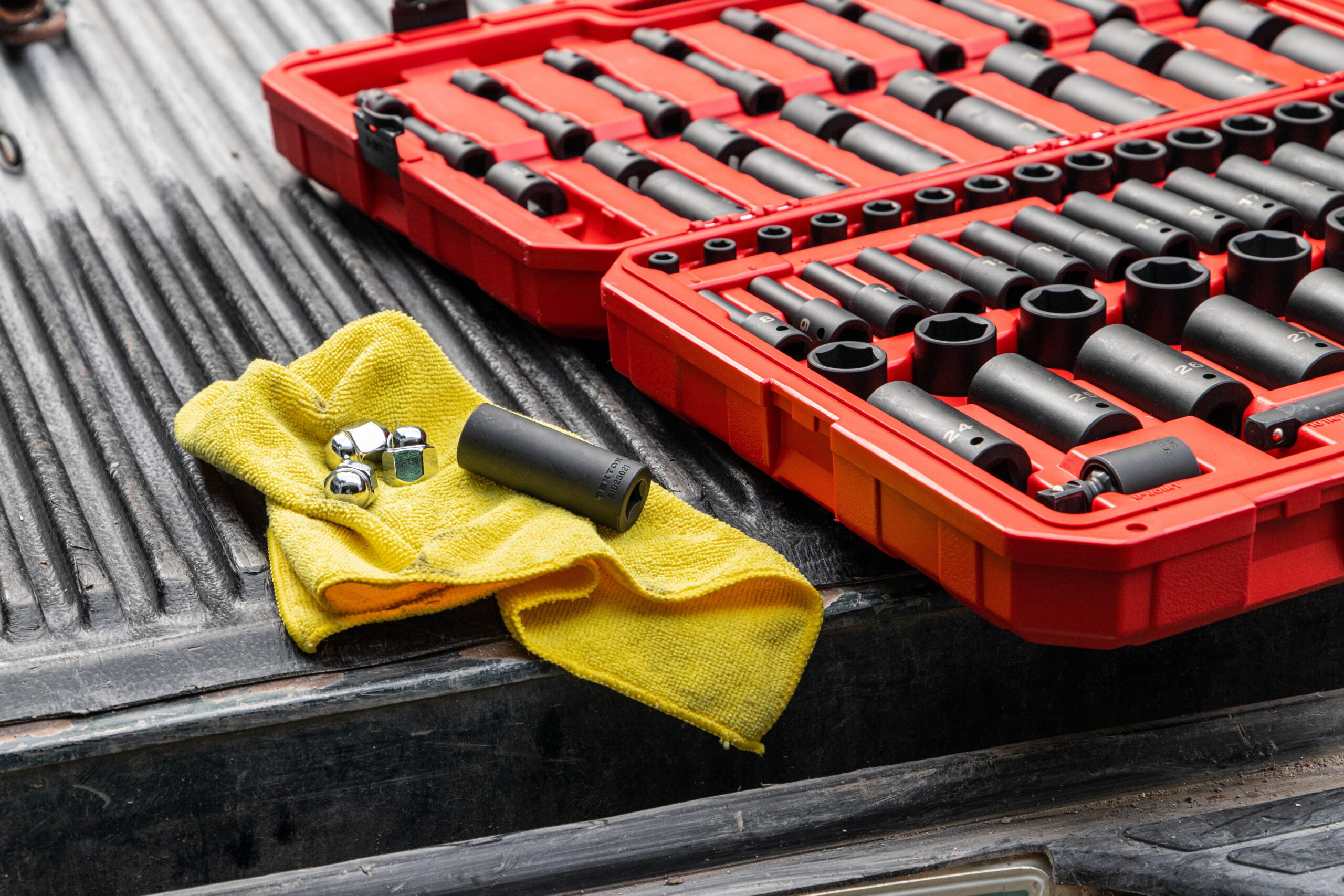When it comes to mechanic work, having the right tools is essential for getting the job done efficiently and effectively. One tool that every mechanic needs in their arsenal is a good pair of pliers. Pliers are versatile tools that can be used for a wide range of tasks, from gripping and bending to cutting and twisting. However, with so many different types of pliers available, it can be overwhelming to choose the right one for your specific needs. In this article, we will guide you through the process of choosing the right pliers for mechanic work.
Consider the Task at Hand
The first step in choosing the right pliers for mechanic work is to consider the specific task you will be performing. Different types of pliers are designed for different purposes, so it’s important to choose one that is suitable for the job. For example, if you will be working with electrical wires, you will need a pair of wire pliers with insulated handles to prevent electrical shock. On the other hand, if you will be working with small objects or in tight spaces, a pair of needle-nose pliers with long, thin jaws may be more suitable.
Choose the Right Material
Pliers are typically made from either carbon steel or stainless steel. Carbon steel pliers are strong and durable, but they are more susceptible to rust and corrosion. Stainless steel pliers, on the other hand, are resistant to rust and corrosion, making them ideal for use in humid or wet environments. Consider the conditions in which you will be using the pliers and choose the material accordingly.
Check the Grip
When choosing pliers for mechanic work, it’s important to consider the grip. Look for pliers with ergonomic handles that provide a comfortable grip and reduce hand fatigue. Some pliers also have non-slip grips or cushioned handles for added comfort. Additionally, consider the size of the handles. Pliers with longer handles provide greater leverage, making it easier to apply force when necessary.
Inspect the Jaws
The jaws of the pliers are another important factor to consider. The shape and size of the jaws will determine the types of tasks the pliers are suitable for. For example, if you will be cutting wires, look for pliers with sharp, hardened jaws. If you will be bending or twisting objects, choose pliers with flat or curved jaws. Additionally, consider the width of the jaws. Narrow jaws are ideal for working in tight spaces, while wider jaws provide a larger gripping area.
Consider Additional Features
Finally, consider any additional features that may be useful for your specific needs. Some pliers have built-in wire cutters or crimpers, which can save you time and effort. Others have locking mechanisms that keep the jaws closed when not in use, providing added safety and convenience.
By considering the specific task, material, grip, jaws, and additional features, you can choose the right pliers for mechanic work. Investing in a high-quality pair of pliers will not only make your job easier but also ensure that you can tackle any task with confidence.
